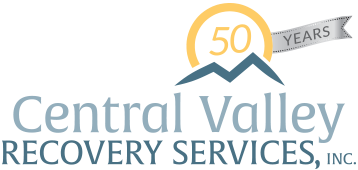When it comes to addiction, the negative language we use may be turning people away from seeking treatment. Studies have revealed that certain people with a substance use disorder, or other behavioral disorders, may not reach out for help due to the stigma that is created by using negatively-toned speech.
"Research shows that the language we use to describe this disease can either perpetuate or overcome the stereotypes, prejudice and lack of empathy that keep people from getting treatment they need," said U.S. drug czar Michael Botticelli. "Scientific evidence demonstrates that this disease is caused by a variety of genetic and environmental factors, not moral weakness on the part of the individual. Our language should reflect that."
He also said that while greater prevention and treatment efforts are important, "reducing the stereotypes and prejudices associated with substance use disorders" is a key factor in ensuring that people in need actually reach out for help.
The White House Office of National Drug Control Policy has released a basic glossary of language substitutes, to be used in place of more widely used "negative" language. Some examples of these suggestons include using "actively using" instead of "dirty" and saying "abstinent" instead of "clean". Additionally, "addiction" and "drug habit" should be replaced with "substance use disorder" and a "former addict" should be referred to as a "person in recovery".
For more information, along with additional examples and research, read the full article at the Huffington Post here: http://www.huffingtonpost.com/2015/03/03/drug-addiction-language_n_6773246.html



